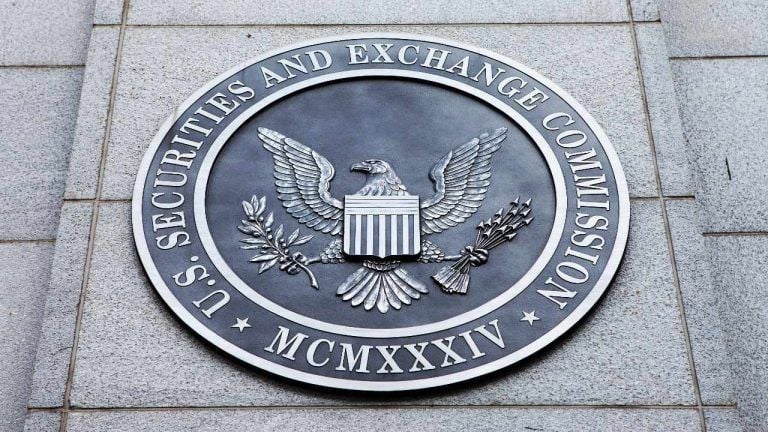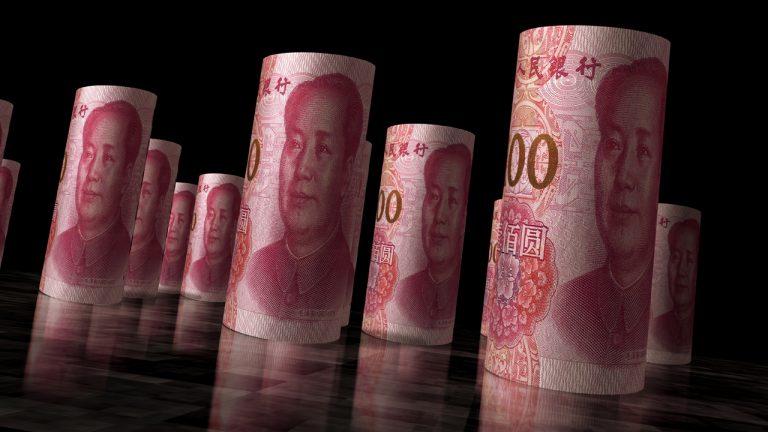
It’s not a matter of will big-name companies follow Ferrari’s lead to adopt Bitcoin, but when, according to CoinFlip CEO Ben Weiss.
Ferrari’s decision to allow U.S. residents to buy its cars in exchange for cryptocurrencies like Bitcoin (BTC) has become one of the biggest market wins in 2023, according to the CEO of the Bitcoin ATM operator CoinFlip.
Ferrari has been aware of the growing demand from clients for alternative payment solutions and decided to support dealers in meeting these clients’ requests, the representative said, adding:
“The source of the cryptocurrencies will be proven, and volatility risks associated with exchange rates will be eliminated. Dealers — and ultimately Ferrari — will receive payments in traditional currency and will not be managing cryptocurrencies directly.”
Ferrari added the crypto payment support by integrating BitPay, a major crypto payment firm serving global brands like AMC Theaters, the electronics retailer Newegg and others. According to BitPay, Ferrari customers in 10 U.S. locations — including Washington and Las Vegas — can now exchange their crypto for a top Ferrari car model like SF90 Stradale, Ferrari Purosangue, Daytona SP3 and more.

According to CoinFlip CEO Ben Weiss, Ferrari’s move to accept crypto payments is significant for the market. “Their notable reputation can increase adoption, cryptocurrency value, and consumer confidence,” Weiss said, suggesting that their crypto move is also likely to spark interest from lawmakers to develop clear regulatory frameworks.
Weiss believes that Ferrari’s push will eventually push more traditional global firms to accept Bitcoin as payment. He said:
“It’s not a matter of will big-name companies follow Ferrari’s footsteps, but when. Bitcoin is the best performing asset of the decade proving it’s here to stay and encouraging other big names like PayPal and BlackRock to embrace digital assets.”
Ferrari’s decision to adopt cryptocurrency payment has come in line with aspects related to environmental, social and corporate governance, the firm’s representative told Cointelegraph.
“The analysis of data regarding the environmental impact associated with cryptocurrencies has been a fundamental part of our decision-making process to adopt cryptocurrencies — in line with our objective to become carbon neutral by 2030,” the spokesperson stated.
Related: Crypto payment option for Honda cars only works via third-party platform
According to industry analysts, the share of Bitcoin mining energy from renewable sources exceeded 50% as of mid-September 2023. However, Elon Musk’s Tesla still hasn’t adopted the BTC payment option after halting such payments in 2021 over carbon concerns.
“Tesla still accepts Dogecoin, and Elon continues to be a proponent of crypto,” CoinFlip CEO Weiss noticed, adding that the Tesla founder could also boost crypto adoption by introducing it to the social media platform X (formerly Twitter). He said:
“Elon also has significant experience with payments from his PayPal days and if Elon decides to bring payments to X, as many expect, crypto would be a natural payment rail.”
In a publicly accessible doc titled “What You Need To Know If You Use Bitcoin,” Tesla listed several facts about the cryptocurrency, including that Bitcoin payments are irreversible.
“That’s just the way the Bitcoin network works — no do-overs. So please make sure you enter the correct Bitcoin price in the amount field and the correct Bitcoin address in the recipient field,” the document reads.
Magazine: 5,050 Bitcoin for $5 in 2009: Helsinki’s claim to crypto fame







